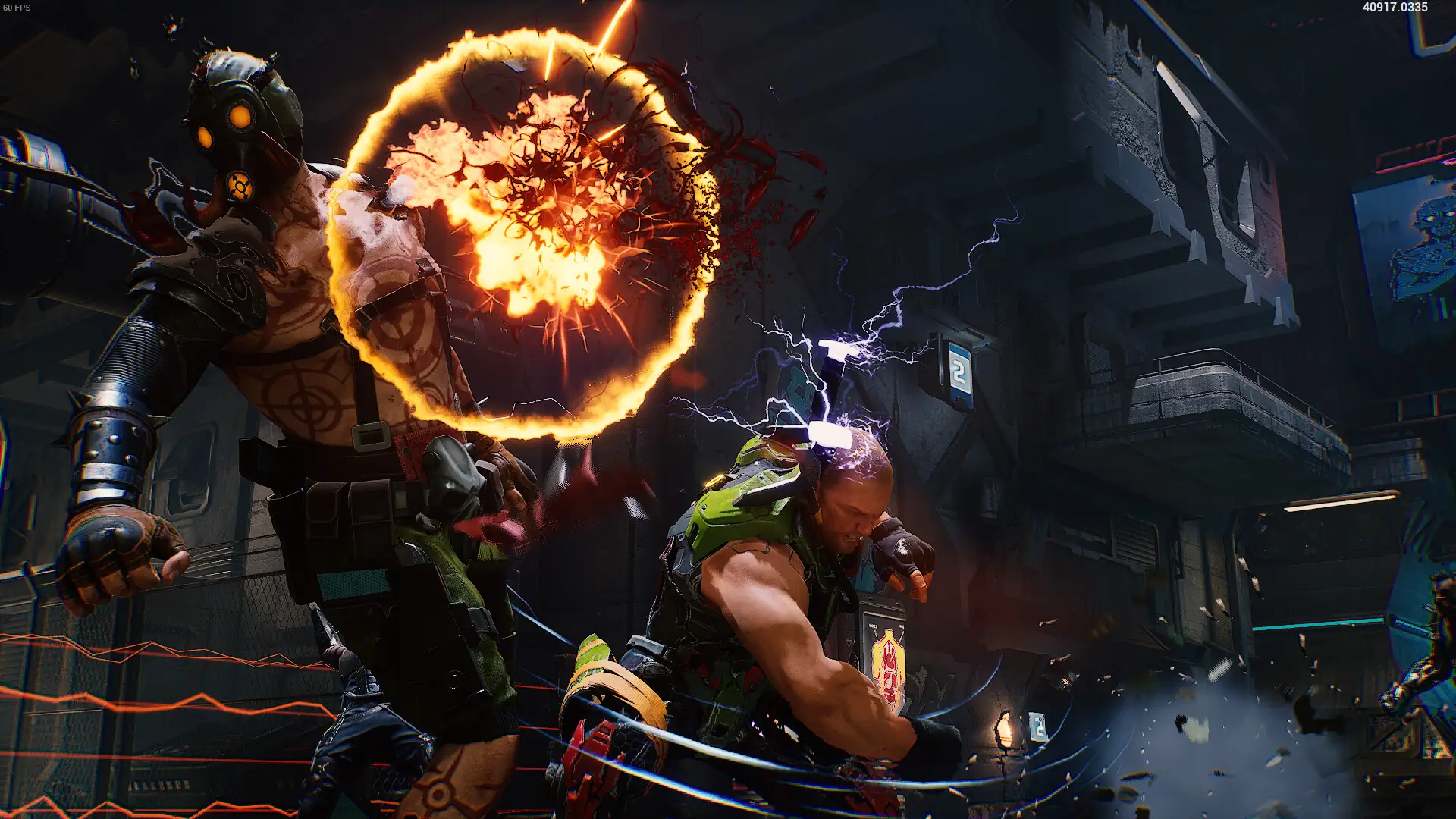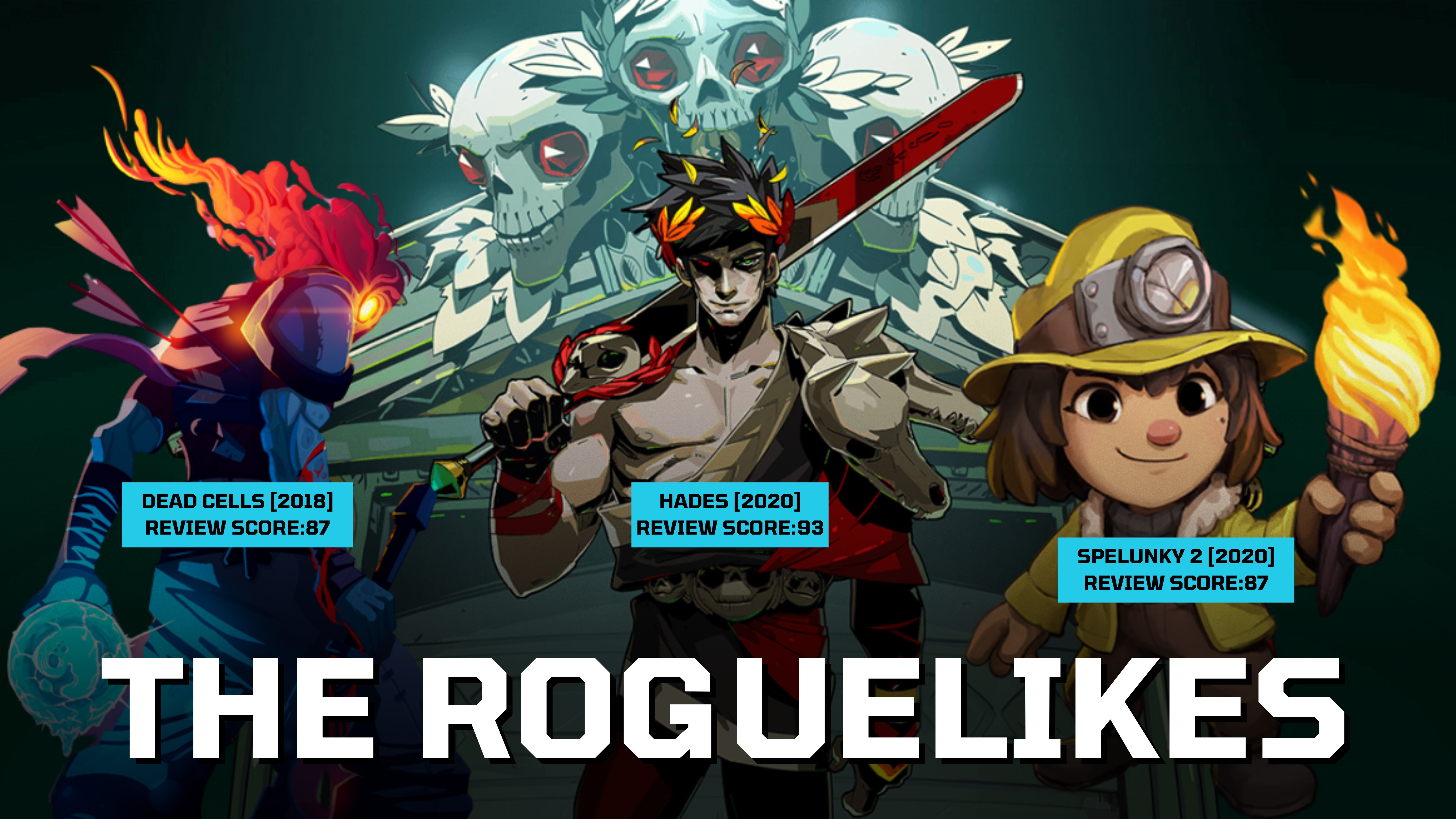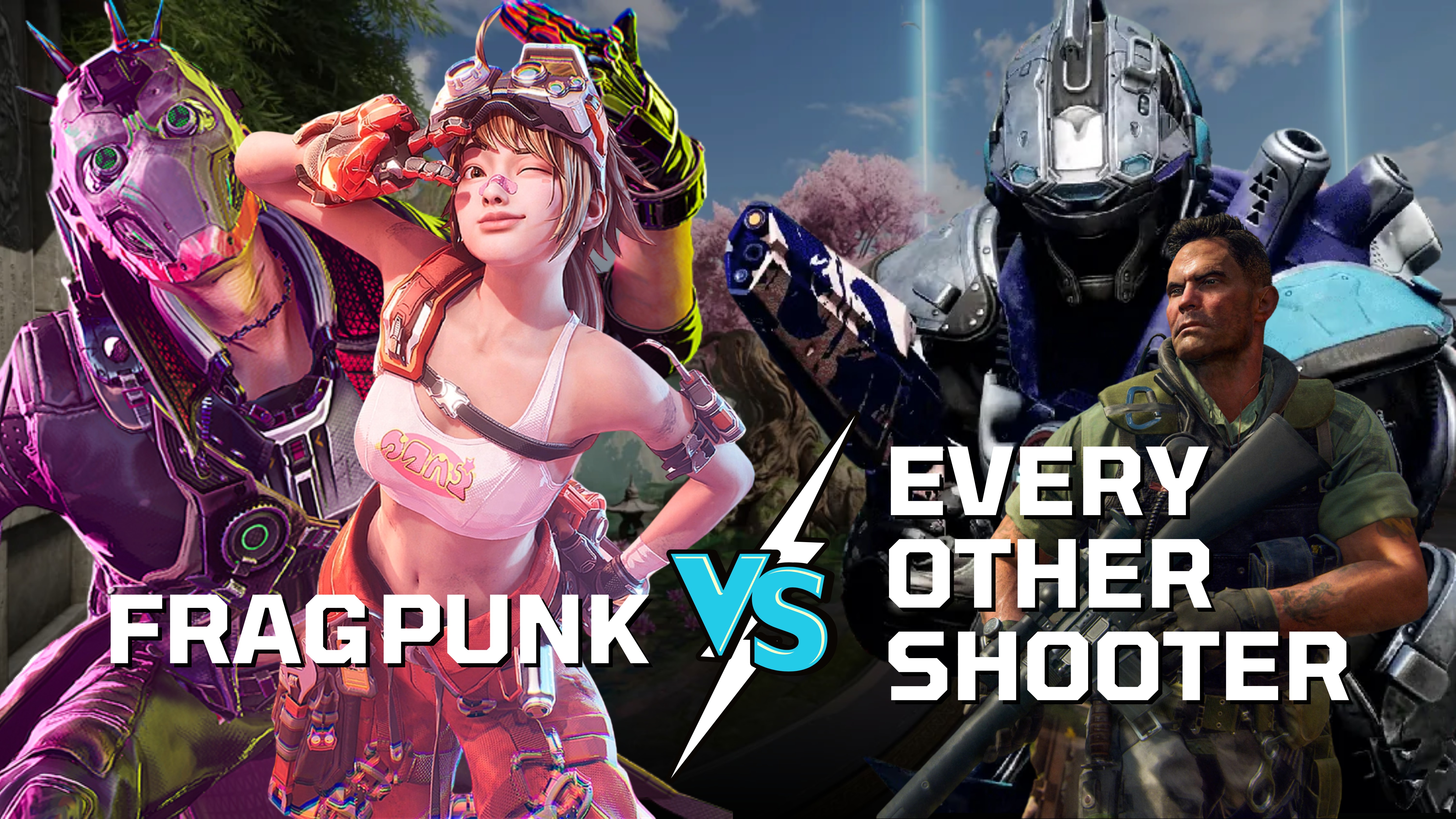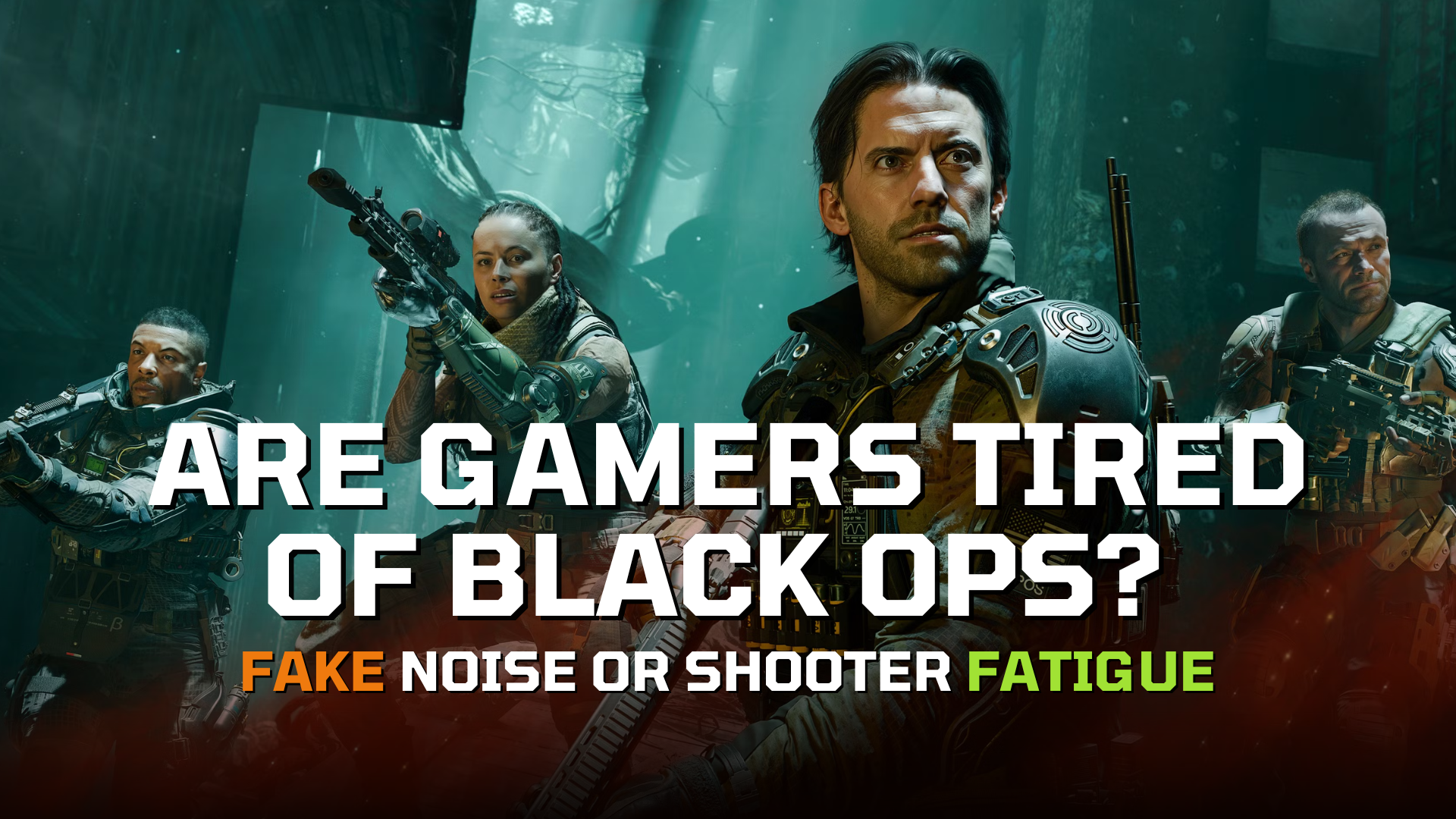Roguelikes are the genre that refuses to die-literally and figuratively. Born in the primordial soup of early computer labs, these games were once the scrappy outsiders, defined by ASCII art, permadeath, and procedural generation born out of necessity, not nostalgia. Yet, here we are in 2025, with new titles like Sobaka Studio's Kiborg proving that, far from being museum pieces, roguelikes remain some of the industry’s most entertaining and innovative experiences.
 What makes roguelikes special is their DNA, every run is a fresh story, every failure a lesson, and every victory genuinely earned. Unlike genres that spoon-feed progression, roguelikes demand adaptation and experimentation. This relentless unpredictability is what keeps players coming back, no two adventures are ever the same. The genre’s core-procedural generation, permadeath, and emergent gameplay has been endlessly remixed, from NetHack to Hades, and now to cyberpunk brawlers like Kiborg. Some argue roguelikes are relics of the industry’s youth, a throwback to an era of technical constraints and punishing difficulty. But history tells a different story. Every time gaming trends shift, roguelikes adapt and resurface, often as the engine behind the next big thing, whether it’s the rise of indie hits, the explosion of “rogue-lites,” or the procedural worlds of Minecraft and Spelunky. The genre’s influence is everywhere, quietly powering innovation while other genres chase the latest graphics arms race.
What makes roguelikes special is their DNA, every run is a fresh story, every failure a lesson, and every victory genuinely earned. Unlike genres that spoon-feed progression, roguelikes demand adaptation and experimentation. This relentless unpredictability is what keeps players coming back, no two adventures are ever the same. The genre’s core-procedural generation, permadeath, and emergent gameplay has been endlessly remixed, from NetHack to Hades, and now to cyberpunk brawlers like Kiborg. Some argue roguelikes are relics of the industry’s youth, a throwback to an era of technical constraints and punishing difficulty. But history tells a different story. Every time gaming trends shift, roguelikes adapt and resurface, often as the engine behind the next big thing, whether it’s the rise of indie hits, the explosion of “rogue-lites,” or the procedural worlds of Minecraft and Spelunky. The genre’s influence is everywhere, quietly powering innovation while other genres chase the latest graphics arms race.
 Although Dead Cells, Spelunky 2 and Hades released over five years ago. It's worth mentioning their notable success with respective global average reviews above 86 according for our Fusion platform. More recent roguelike releases such as Balatro (review score 90) from Playstack, Pacific Drive (review score 79) from Kepler Interactive and Kiborg (review score 70) from Sobaka Studio have been buzzing. Collectively all three titles received 6,000 posts across social media (including Tiktok, Youtube, Twitch, Reddit, Instagram and Facebook) in their first week of launch. This earned all three titles combined engagement for 85,000 in the first week of launch. The interest in roguelike titles remains ever present.
Although Dead Cells, Spelunky 2 and Hades released over five years ago. It's worth mentioning their notable success with respective global average reviews above 86 according for our Fusion platform. More recent roguelike releases such as Balatro (review score 90) from Playstack, Pacific Drive (review score 79) from Kepler Interactive and Kiborg (review score 70) from Sobaka Studio have been buzzing. Collectively all three titles received 6,000 posts across social media (including Tiktok, Youtube, Twitch, Reddit, Instagram and Facebook) in their first week of launch. This earned all three titles combined engagement for 85,000 in the first week of launch. The interest in roguelike titles remains ever present.
So, are roguelikes a relic? Only if you believe reinvention is a thing of the past. The truth is, roguelikes are the industry’s secret engine of creativity, a genre that thrives on risk, rewards curiosity, and turns every game over into a new beginning. As long as players crave challenge, surprise, and mastery, there will always be room for another run. For a specific deep dive into how your video game would perform in a specific genre, consider reaching out to us here.

